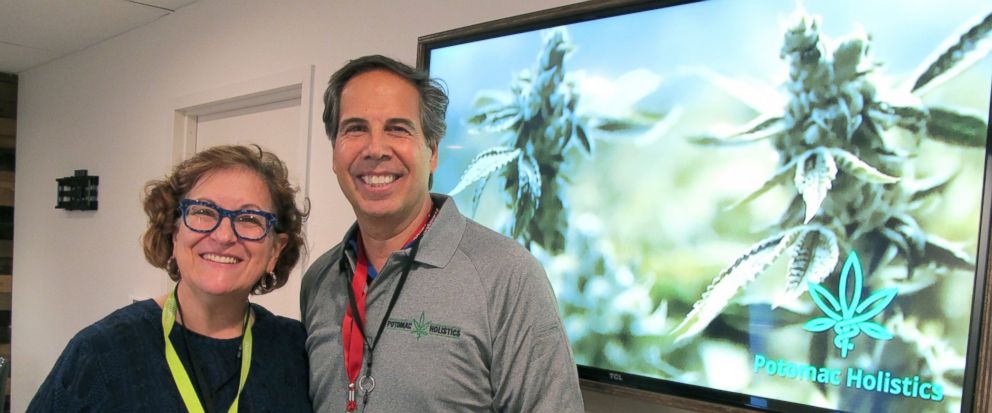Is Mary Jane a friend to everyone? Should medical marijuana be given to seniors?
The world of medical marijuana can seem like a whirlwind of change. For starters, medical marijuana laws are constantly evolving. Beyond that, a bigger cross-section of the population is beginning to explore the benefits of medicinal cannabis. In particular, the number of senior citizens consuming medical marijuana has been going up in recent years. But should medical marijuana be given to seniors? This guide covers everything you need to know.
Senior Citizens and Medical Marijuana

In fact, the exact opposite is true. Research shows that cannabis can provide a number of benefits for seniors. That’s because medical marijuana can effectively treat many of the health conditions that elderly folks are more likely to experience as they grow older.
And it appears that many seniors are starting to figure this out. The number of seniors now consuming medical marijuana has skyrocketed in recent years.
A study published in 2016 looked at trends in cannabis use among the elderly. More specifically, it compared stats from 2006/07 to 2012/13.
During that timeframe, there was a 57.8 percent relative increase in the number of adults between the ages of 50-64 who use medical cannabis. Even more striking, researchers saw a 250 percent relative increase in the number of cannabis users aged 65 and up.
Much of this increased use has to do with the growing number of states that have legalized some form of medical marijuana. At the same time, it seems likely that a growing awareness of the benefits of medical marijuana has spurred some of this growth as well. So should medical marijuana be given to seniors?
Medical marijuana can be an effective form of treatment for many disorders and health conditions that people are likely to experience as they grow older. These include:
- Certain types of cancer.
- Many side effects of chemotherapy, especially nausea and vomiting, loss of appetite and pain.
- Chronic pain, including pain from arthritis, joint disorders, ongoing illness, nerve damage and more.
- Appetite loss.
- Gastrointestinal disorders such as irritable bowel syndrome.
- Glaucoma.
- Neurological disorders such as Alzheimer’s disease and Parkinson’s disease.
On top of all this, some of the most exciting research into medical marijuana has found that it can help boost activity and performance in aging brains. In a fascinating study, researchers at the University of Bonn in Germany ran groups of young, mature, and old mice through a series of memory and learning tests.
Initially, the younger mice outperformed the older mice. Then the researchers gave the mice a dose of THC. This is where things get really interesting.
The younger mice slowed down and took longer to navigate a maze. But the older mice got better and faster at completing the maze. In fact, when the older mice were given THC they started performing almost as well as the fully-sober young mice.
Lead researcher Andreas Zimmer said the outcomes could have to do with stimulating the mice’s endocannabinoid systems.
“The idea is that as animals grow old, similar to in humans, the activity of the endogenous cannabinoid system goes down,” Zimmer said. “And that coincides with signs of aging in the brain.”
He said that consuming cannabis could stimulate the endocannabinoid system, essentially reversing the effects of old age. Even though scientists need to conduct more research, this study points to some interesting benefits of medical cannabis—especially for elderly folks.
So, Should Medical Marijuana Be Given To Seniors?
Let’s get back to the question at hand: Should medical marijuana be given to seniors? The answer seems crystal clear. Yes. There are all sorts of reasons that senior citizens should consume medical marijuana.
In fact, as a lot of research shows, medical cannabis has proven effective in treating a large number of health conditions that may be particularly concerning to people as they age.
Most importantly, this includes treating chronic pain and a variety of neurological disorders. Cannabis can even help aging brains stay sharp and active.
Of course, anybody consuming medical cannabis should figure out what method of consumption and what dosage is right for them.
For seniors who don’t want to experience the psychoactive effects of getting high, strains that are high in CBD and low in THC could be a good option. Other seniors may enjoy getting high. For them, strains with more THC could be perfect.
In any case, seniors interested in medical cannabis should talk with their doctor first. And whatever you end up trying—only do it if you enjoy it!
credit:420intel.com














